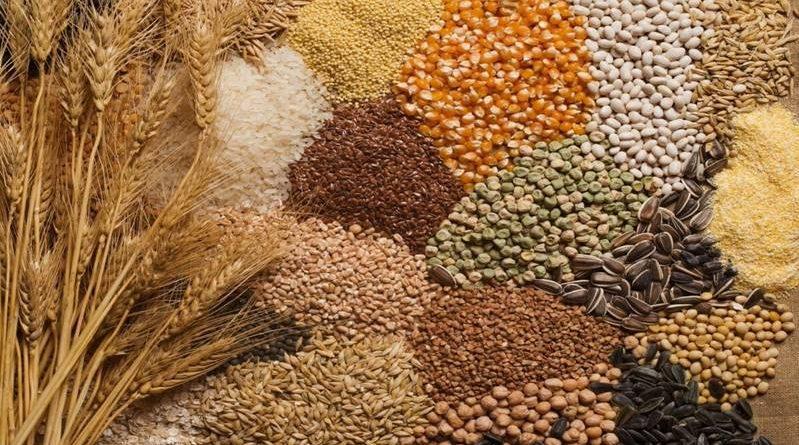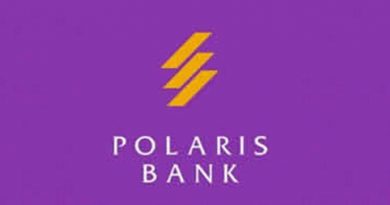Cost of Food in Nigeria continue to escalate
In July 2024, the cost of food in Nigeria (food inflation in Nigeria) continued to escalate, further burdening individuals already facing high living costs. The National Bureau of Statistics (NBS) reported that the price of 1 kg of brown beans rose by 6.6%, reaching N2,445 in July 2024, up from N2,293 in June 2024.
Conversely, the price of tomatoes decreased by 26.4%, falling to N1,694 in July from N2,302 in June 2024; however, this price remains 203.6% higher than the N558 recorded in July 2023. The cost of a dozen medium-sized agricultural eggs increased by 12.1% over the past month, rising to N2,107 from N1,936 in June 2024.
Additionally, Garri, a staple food for many Nigerian households, experienced a price increase, with the average cost for 1 kg of white Garri climbing by 1.43% to N1,152 in July 2024, up from N1,136 in June 2024. This current price is 2.7 times greater than the N430 recorded at the same time last year.
Analyzing regional disparities in food prices, Rivers State reported the highest price for brown beans at N3,071 per kg, while Adamawa had the lowest at N1,532 per kg. Osun State exhibited the highest price for tomatoes at N3,000 per kg, whereas Kaduna had the lowest at N761 per kg. Factors contributing to the ongoing increase in food prices include insecurity in certain northern states, rising transportation costs, escalating prices of other goods and services, and depreciation of the exchange rate.
To stabilize food prices, the government must prioritize security in both agricultural and surrounding areas. Furthermore, reducing import tariffs on essential food items could alleviate the costs of imported goods. Nevertheless, a sustainable solution lies in significantly boosting agricultural production. Therefore, the government should provide targeted subsidies to incentivize farmers, encouraging them to adopt advanced farming techniques essential for enhancing food supply. SOURCE. CSEA AFRICA



